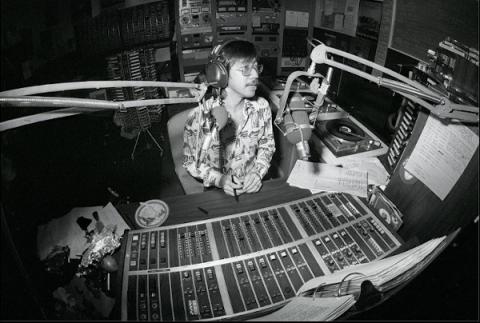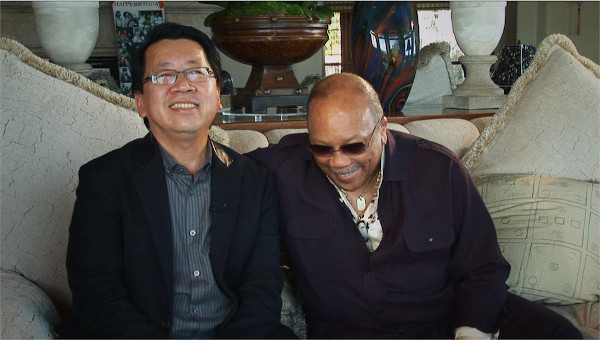Music Journalist Ben Fong-Torres and the Glory Days of ‘Rolling Stone’

As the child of Chinese immigrants, journalist Ben Fong-Torres knew all too well the cruelty of racism. Anti-Chinese sentiment grew in America when China entered the Korean War as an ally to North Korea. Fong-Torres felt the isolating effects of being “different.” It was through music that he found solace and an identity.
In the documentary Like a Rolling Stone: The Life and Times of Ben Fong-Torres, Fong-Torres recounts the feeling of flipping through the jukebox at his father’s restaurant stating, “Inside jukeboxes, there was no segregation…Rock and Roll was an equalizer.” Music gave voice to the disenfranchised as a form of protest. These principles of rock and roll shaped Fong-Torres’s writing sensibilities, making him a rockstar journalist within the music industry – and half a century later, the subject of filmmaker and journalist Suzanne Joe Kai’s documentary.

Kai’s documentary succeeds in not only recounting the extraordinary career of its subject but serving as a time capsule for the early history of rock. In telling Fong-Torres’s story, Kai tells the history of Rolling Stone and music’s role within the Civil Rights movement and Vietnam counterculture. While the film chronicles his first 20 years as a writer and senior editor for Rolling Stones, much of its runtime is dedicated to the Vietnam War era. Here, icons like Jim Morrison, Bob Dylan, and Jimi Hendrix reign supreme – and in San Francisco, where Fong-Torres gets his start as a writer.
Like a Rolling Stone showcases the coalition between music and politics. Like so many songwriters of the era, Fong-Torres utilized his writings as an act of protest, striking a chord with readers and songwriters alike. He provided an outlet for figures like Ray Charles to voice his disgust with police brutality and Country Joe McDonald to call out politicians’ stances on the war in Vietnam.

Fong-Torres recounts the early beginnings of Rolling Stone. He recalls sitting down with The Doors’ frontman Jim Morrison. Here, archival audio is provided by Fong-Torres, which chronicles his interview with Morrison. Kai never over-indulges in archival footage. Instead, she keeps the focus on Fong-Torres. She utilizes these audio clips to demonstrate Fong-Torres’s thoughtful and attentive skills as an interviewer. She displays Fong-Torres’ best quality, his extraordinary ordinariness.
The documentary grounds its subject in his humanity. The filmmakers never portray him as a larger-than-life rockstar journalist, but as a man doing his job with due diligence. At its core, the film is a love letter to journalism. As an Asian journalist, Suzanne Kai pays tribute to a man who paved the way for Asian-American journalists, and through recounting his testimony, she is able to examine American culture then and now.
Author Bio:
Ben Friedman is a freelance film journalist and a contributing writer at Highbrow Magazine. For more of his reviews, visit bentothemovies.com, his podcast Ben and Bran See a Movie, or follow him on Instagram, Twitter, and YouTube: The Beniverse.
For Highbrow Magazine































































































































































































































































































































